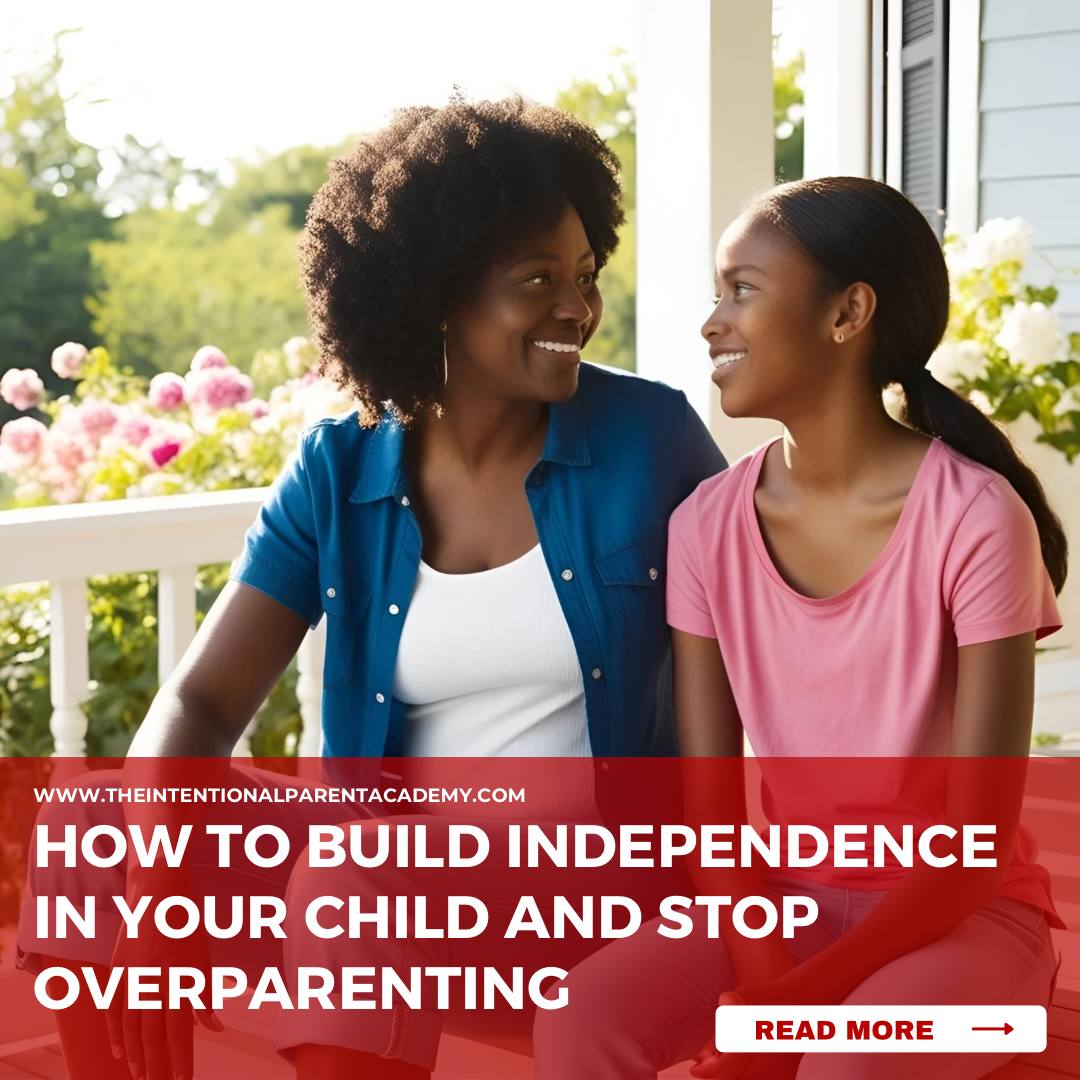Why Emotional Intelligence Matters to Your Child’s Success
When emotional intelligence (EI) is underdeveloped, it can significantly impact a child’s mental health, relationships, career, spiritual life, and overall well-being. A parent without emotional intelligence raises a child who spends their adulthood repairing what their childhood broke. This is the reality for many adults today—trying to heal from emotional wounds that could have been prevented.
What Happens to Children Who Grow Up Without Emotional Intelligence?
1. Increased Risk of Mental Health Issues
Adults without EI are more prone to anxiety, depression, and emotional burnout because they suppress their feelings instead of processing them. Emotional suppression is linked to a weakened immune system and a higher risk of cardiovascular diseases.
2. Poor Relationship Management
Emotionally unintelligent adults struggle to interpret others’ emotions, lack empathy, and have difficulty communicating effectively. This often leads to constant conflicts, broken friendships, and failed marriages. Research by relationship expert John Gottman shows that couples with low emotional intelligence are more likely to experience ongoing conflict and eventual separation.
3. Hindered Career Growth
Emotional intelligence is one of the strongest predictors of professional success. Without it, individuals struggle with teamwork, conflict resolution, and leadership. Research by Daniel Goleman found that 67% of essential leadership skills are linked to EI, and another study showed that EI accounts for 58% of job performance across various roles. A child without EI may learn how to make a living but not how to truly live.
4. Poor Decision-Making
Without emotional awareness, adults make impulsive decisions based on emotions rather than logic. A child who isn’t taught EI grows up seeking validation from others instead of finding inner peace. Neuroscientific research shows that the prefrontal cortex (responsible for rational thought) and the amygdala (which processes emotions) must work in harmony for effective decision-making. Low EI disrupts this balance, leading to impulsive, emotionally driven choices.
5. Low Resilience and Coping Ability
Resilience—the ability to bounce back from setbacks—is closely tied to emotional regulation. Without EI, adults struggle to recover from failure and adapt to change. A study by the American Psychological Association highlights emotional awareness as a core component of resilience. Many parents focus on IQ scores but forget that EI is what helps children thrive when life gets difficult. Without EI, children struggle with self-control and emotional regulation, often resorting to impulsive behaviors. Discipline without emotional intelligence is controlled trauma.
6. Struggles with Spiritual Growth
Emotional intelligence is essential for a deep and meaningful relationship with God. Self-awareness, empathy, and emotional management help individuals walk in love and avoid bitterness. Without emotional intelligence, a person may struggle with forgiveness, patience, and understanding—key elements of spiritual maturity.
The Good News: Emotional Intelligence Can Be Developed
The brain’s neuroplasticity makes it possible to rewire itself and adapt. This means that both children and adults can develop EI with the right tools and habits. Mindfulness practices, cognitive-behavioral strategies, and emotional coaching can strengthen the brain pathways related to EI.
Do You Want to Raise a Compliant or a Capable Child?
A child raised without emotional intelligence may be obedient but lack self-control. Obedience creates compliance, while self-control creates capability. Without EI, a child may become academically successful but emotionally bankrupt—which is catastrophic.
How Emotional Intelligence Contributes to Your Child’s Success
EI is more than just understanding emotions; it’s the foundation of lifelong success. When children develop EI, they become more emotionally aware, improve their social skills, and enhance their mental health and academic performance.
Practical Ways to Foster Emotional Intelligence at Home
1. Teach Emotional Awareness
Children must recognize and name their emotions before they can manage them. Use emotion charts to help them identify and express their feelings.
2. Model Emotional Intelligence
Children learn best by watching you. When they see you managing your emotions, they will imitate your behavior. Teaching is important, but modeling is even more powerful.
3. Foster Empathy
Empathy—the ability to understand and share the feelings of others—is a core part of EI. Encourage your child to consider other people’s perspectives and feelings.
4. Teach Emotional Regulation
Emotional regulation helps children manage impulses and stay calm under pressure. If you teach your child math without teaching emotional regulation, they will learn to calculate their problems but never solve them
Investing in your child’s emotional intelligence is one of the greatest gifts you can give them. It will shape their ability to build healthy relationships, make wise decisions, and thrive in all aspects of life. Start today—because an emotionally intelligent child grows into a successful, resilient, and fulfilled adult.
Want to watch the full video? Click here: https://www.youtube.com/live/s2KwUGSgjb4?si=g2NjJ-SviHF0KCXi
Have you registered for the Inner Circle Program 2026?

REGISTER FOR 2026 INNER CIRCLE PROGRAM!
Registration for the 2026 Inner Circle has commenced.
You can book your slot and spread your balance within the year.
Booking fee for single is #10000. ($10)
Complete fee for one parent is #120,000. ($120)
Booking fee for couples is #20,000. ($20)
Complete fee for couples #200,000. ($200)
You can book here:
https://theintentionalparentacademy.selar.co/Innercircle2025BOOKING
Or You can make direct payment to 1310192708 (Zenith Bank). The Intentional Parent Academy, then send a chat to: +2349135714816
International payments can be made through Zelle or PayPal using the email wendyologe@gmail.com
Want to make a one-time payment?
For singles slot pay here
https://theintentionalparentacademy.selar.co/InnercircleRegistrationSinglesComplete
For couples slot:
https://theintentionalparentacademy.selar.co/Innercirclecouplescomplete
Please Note: Fee must be completed before being admitted into the Inner Circle Program which starts on the 1st of December. Don’t forget admission is once a year.

